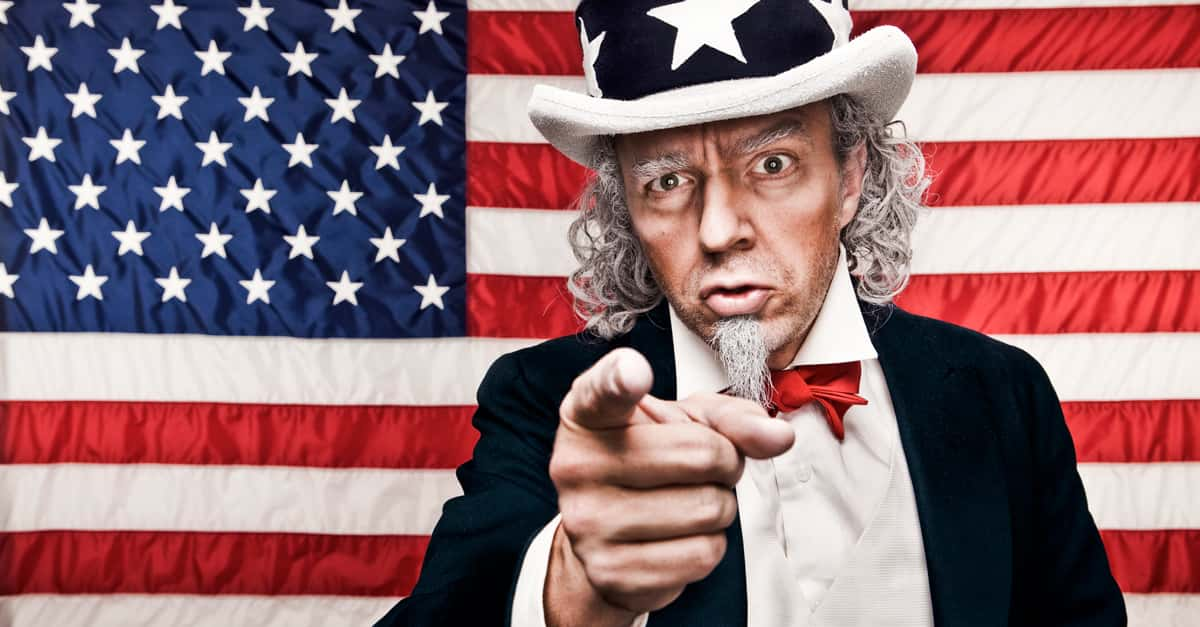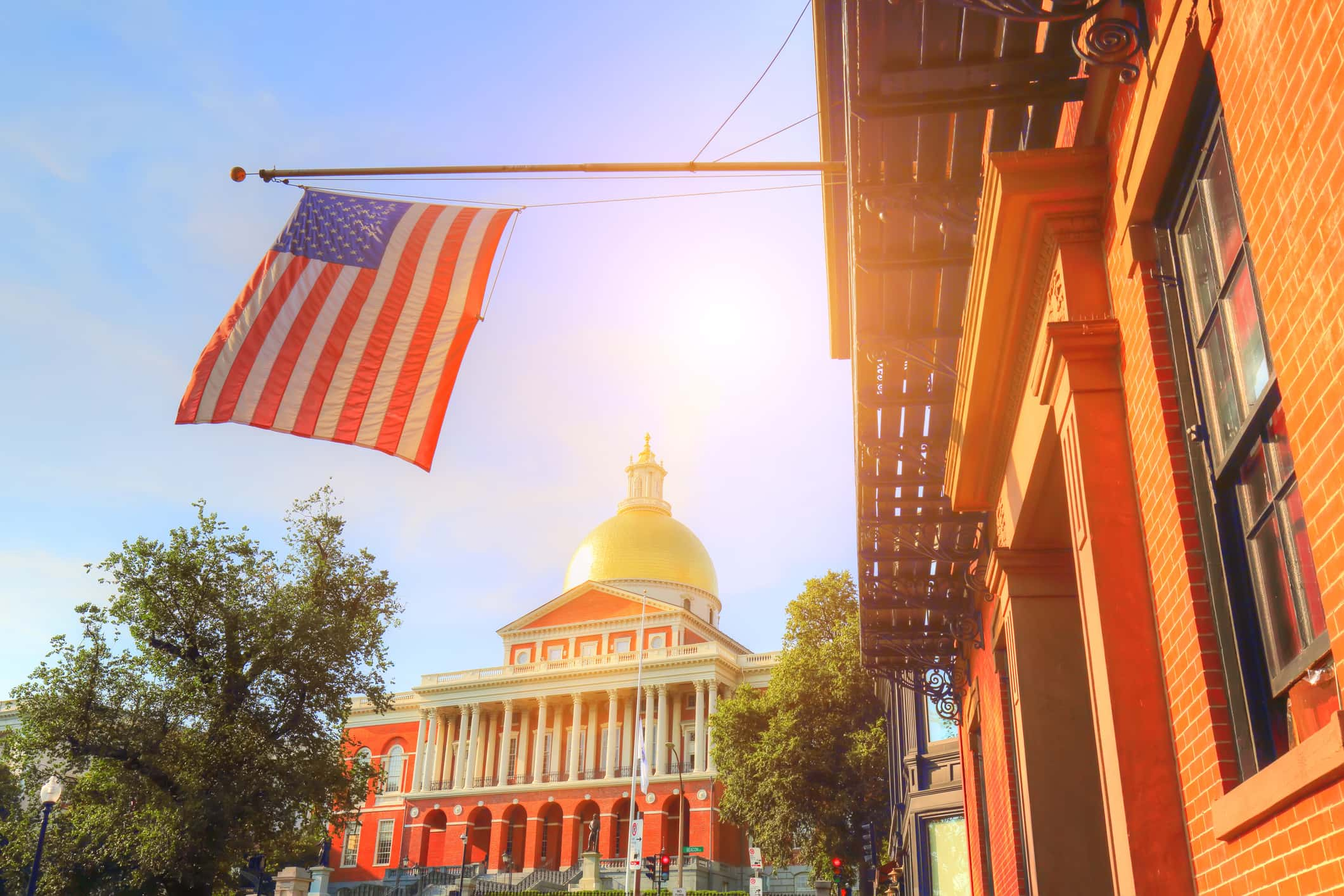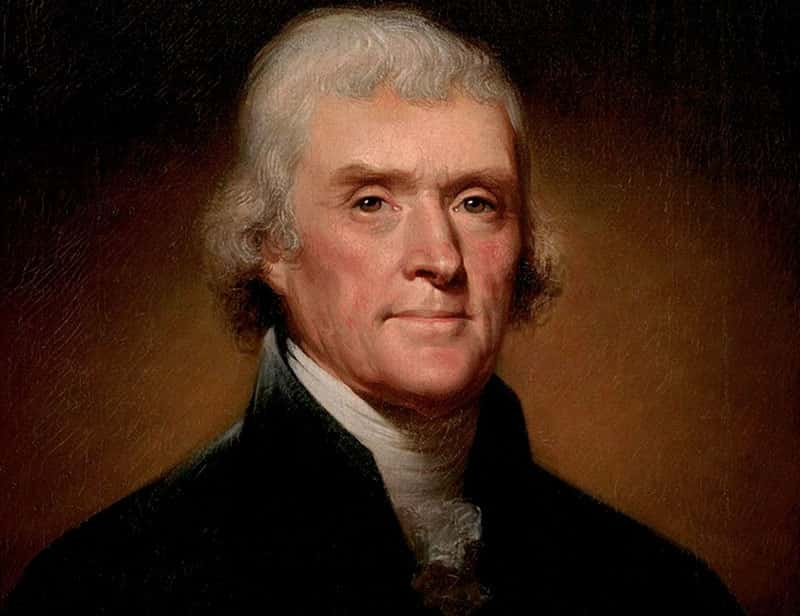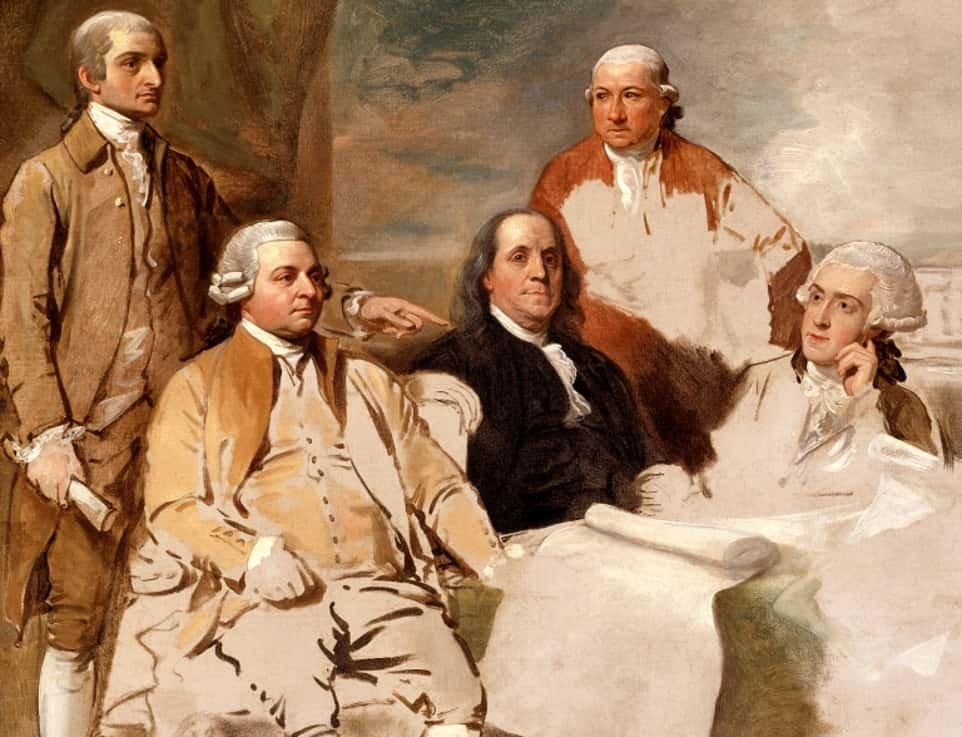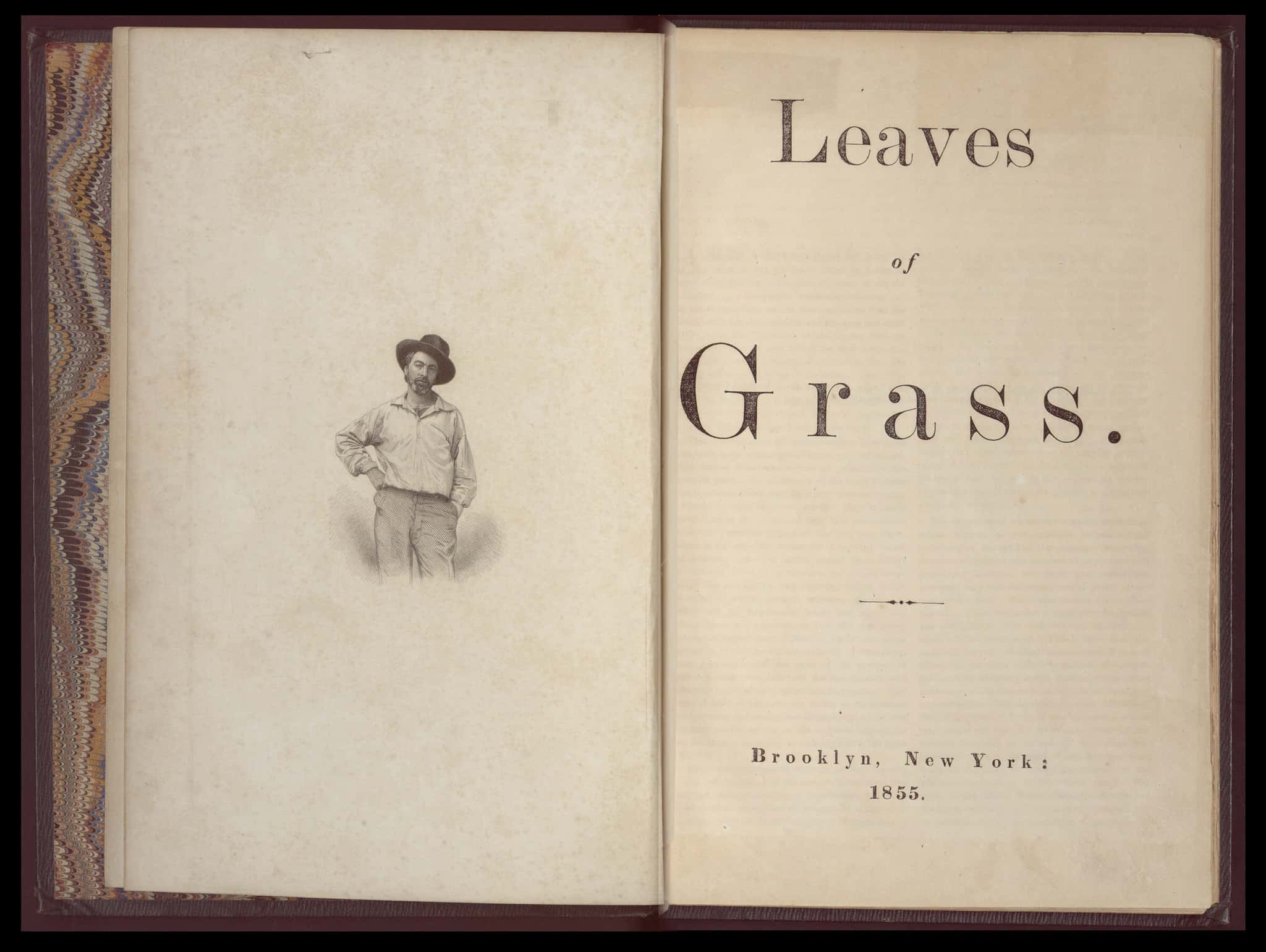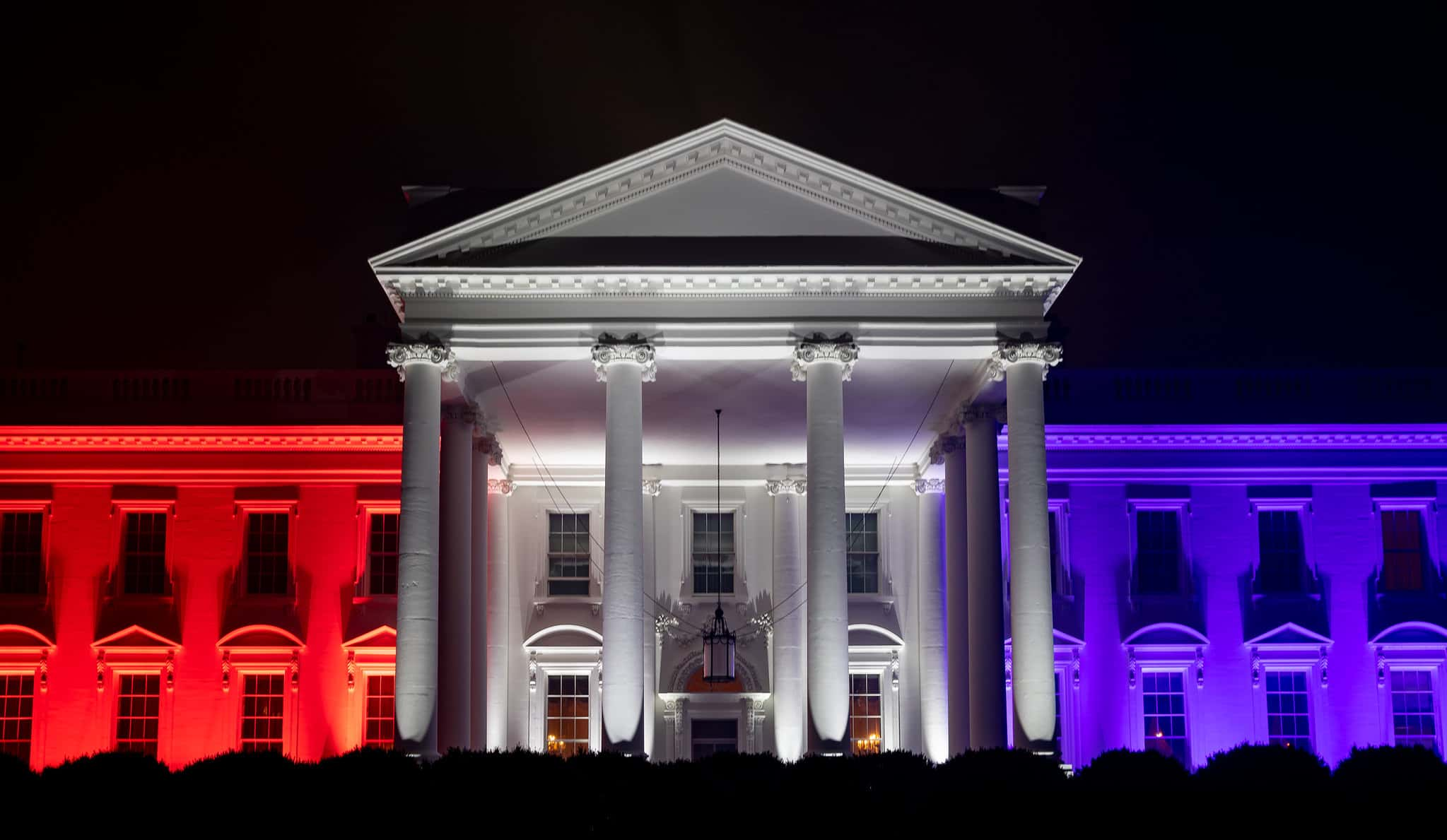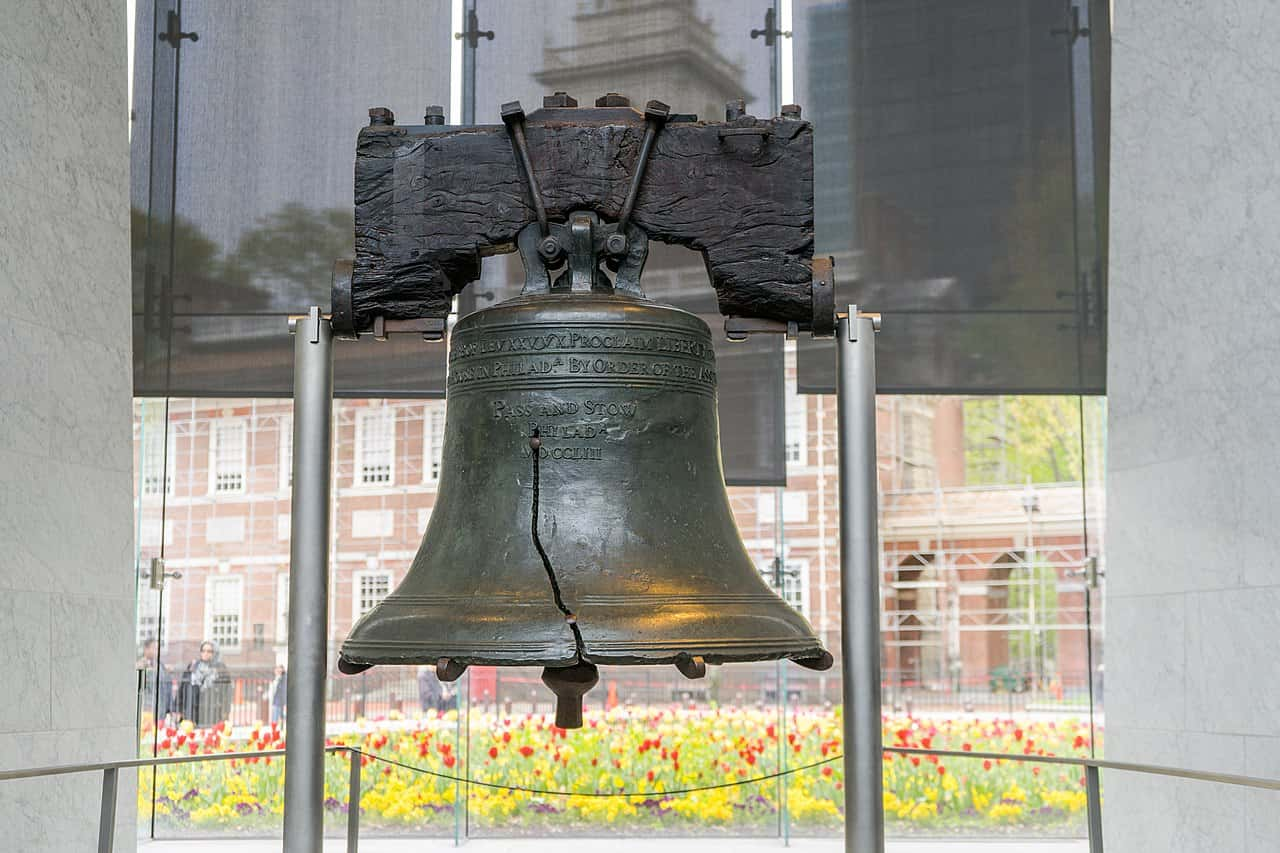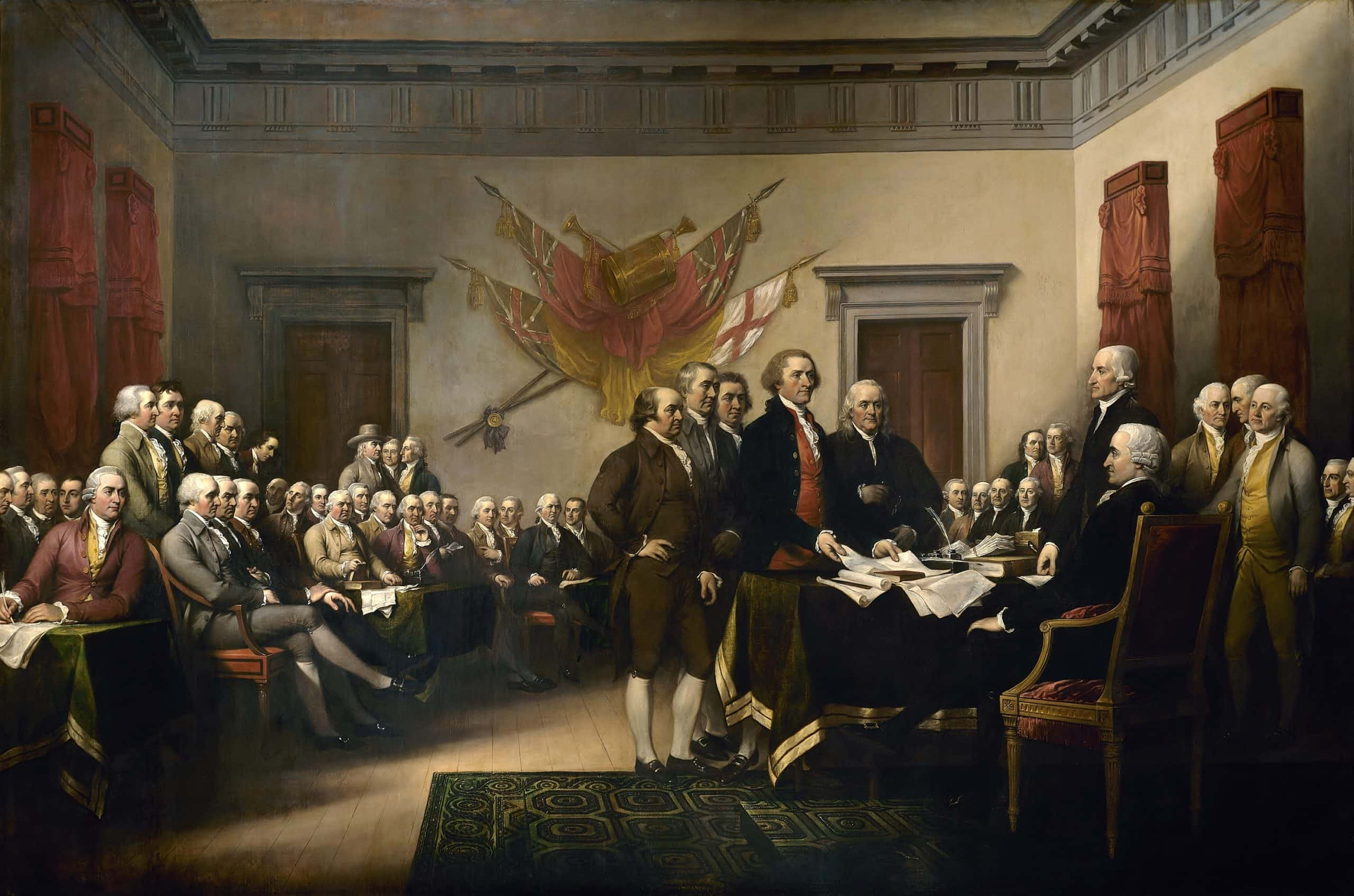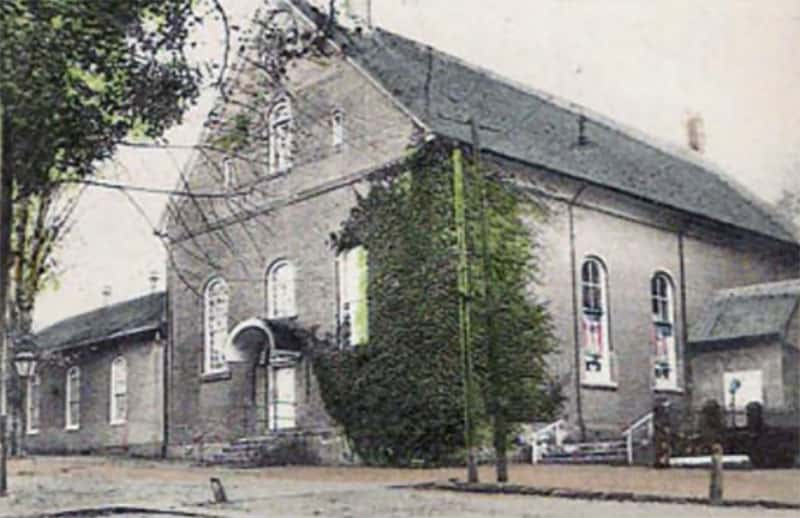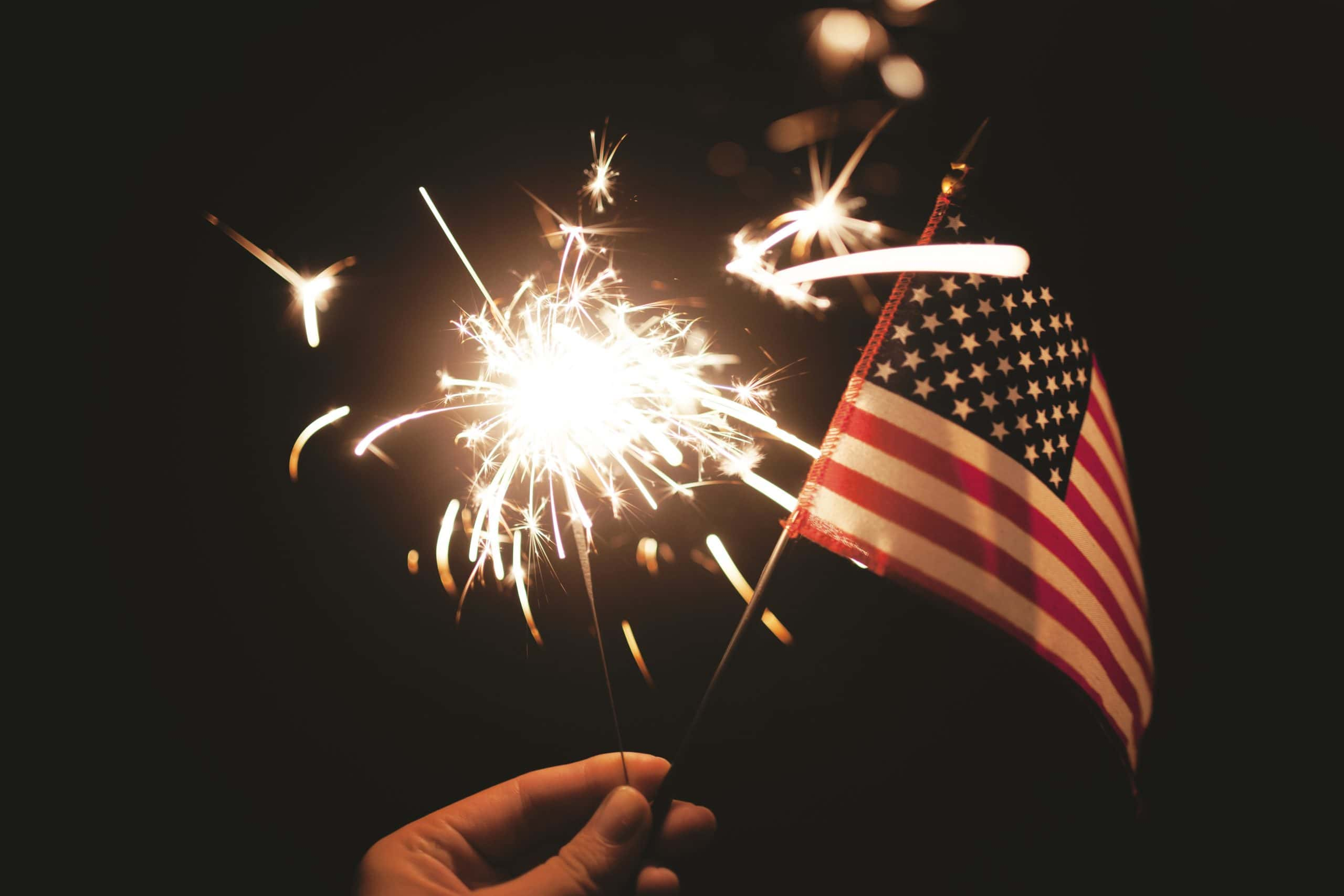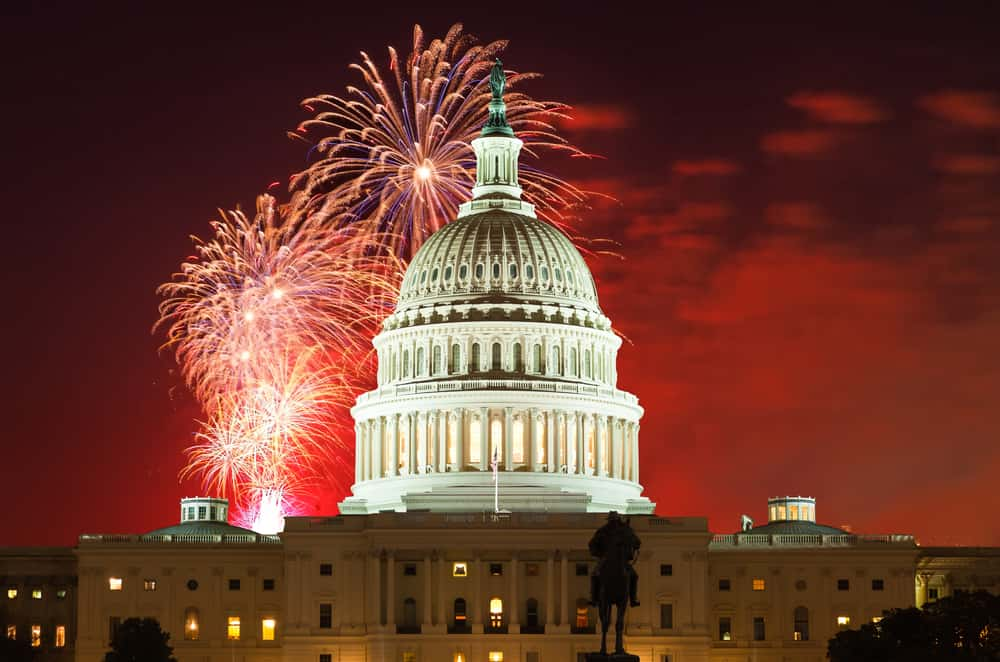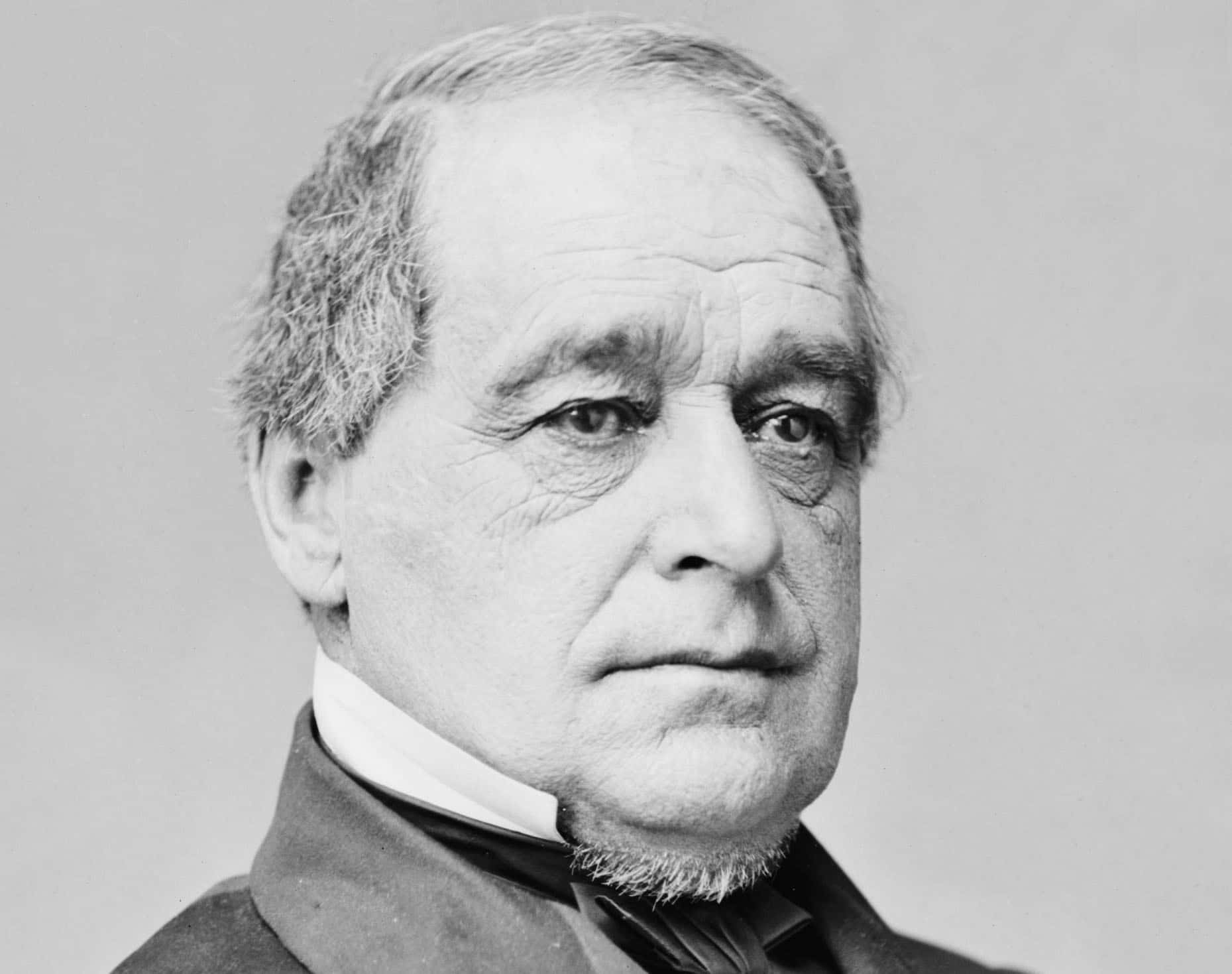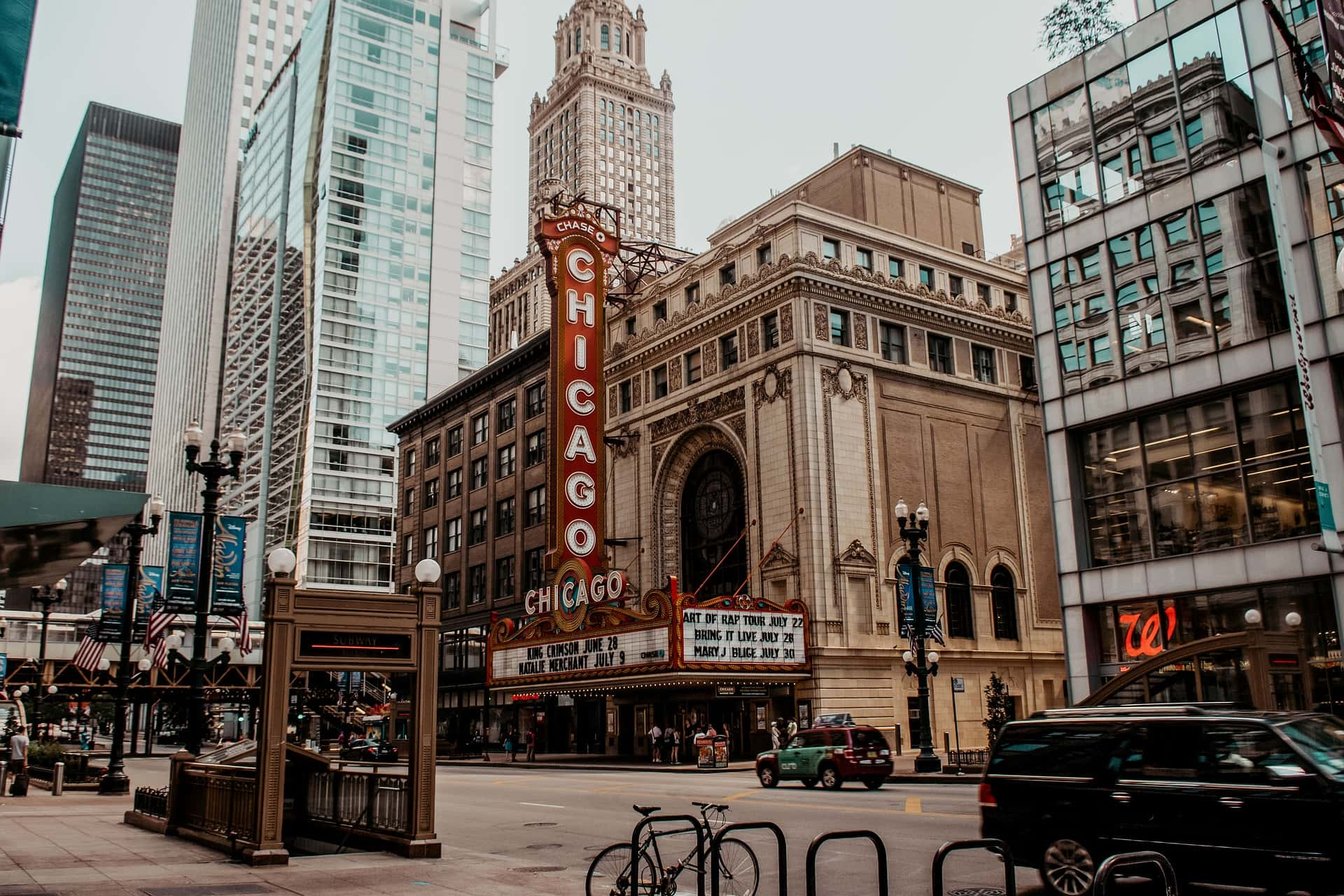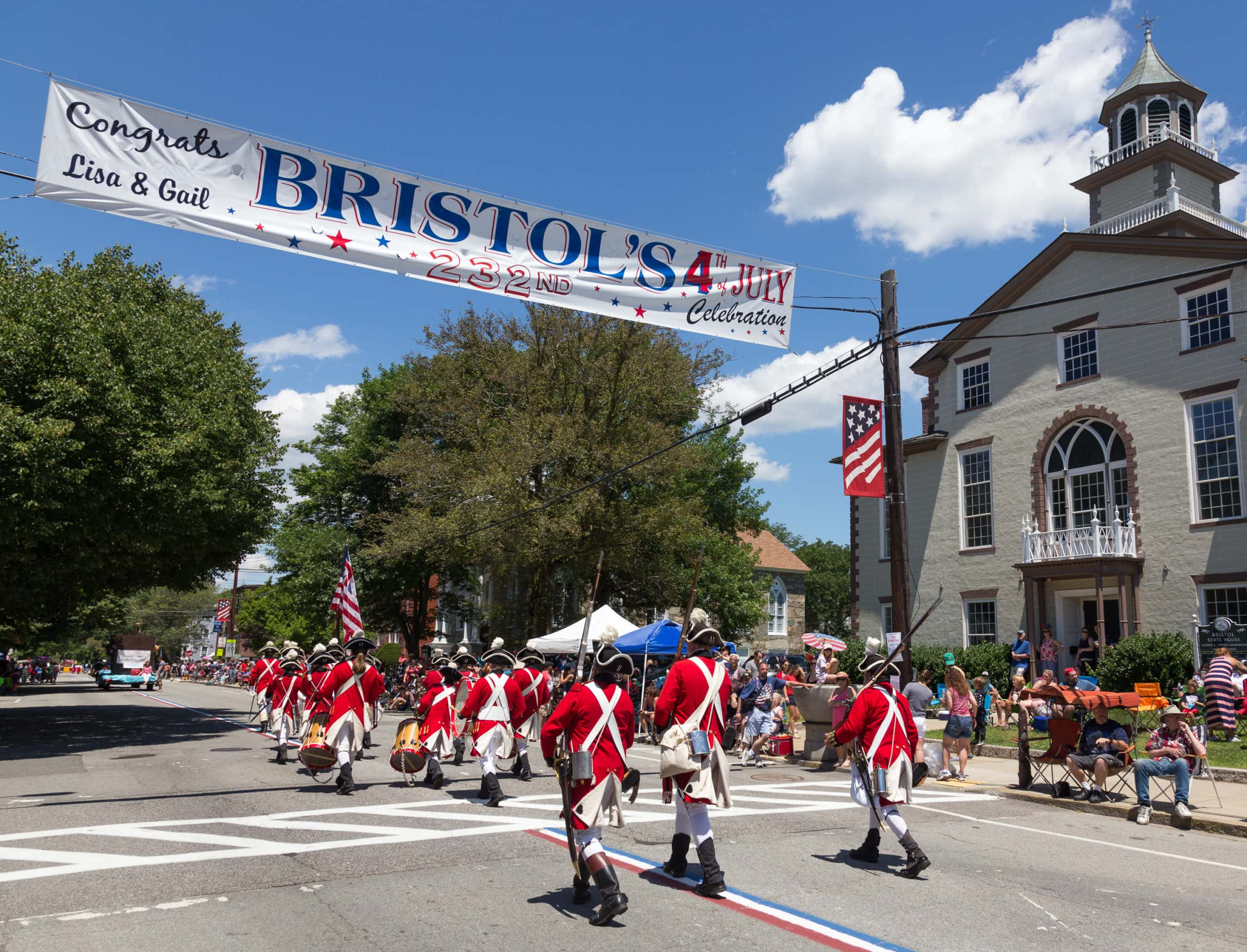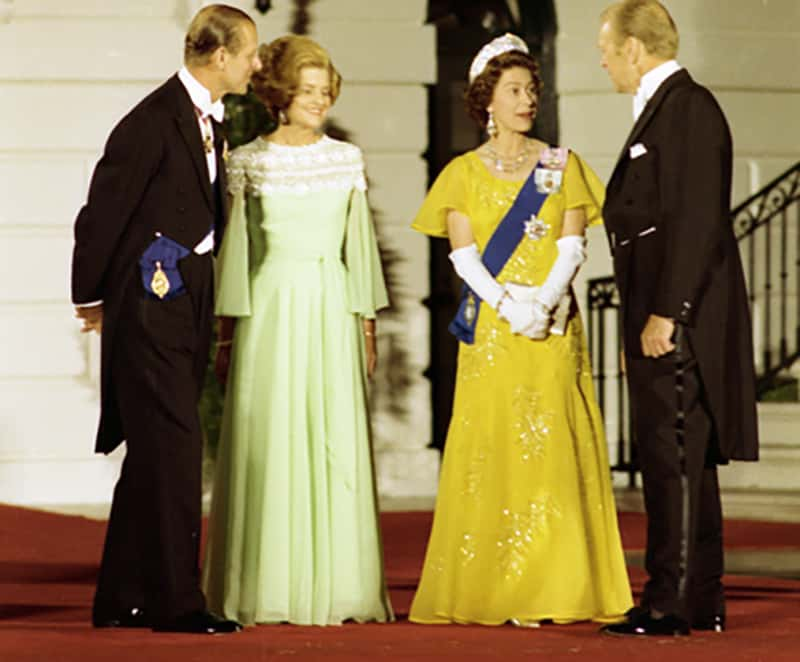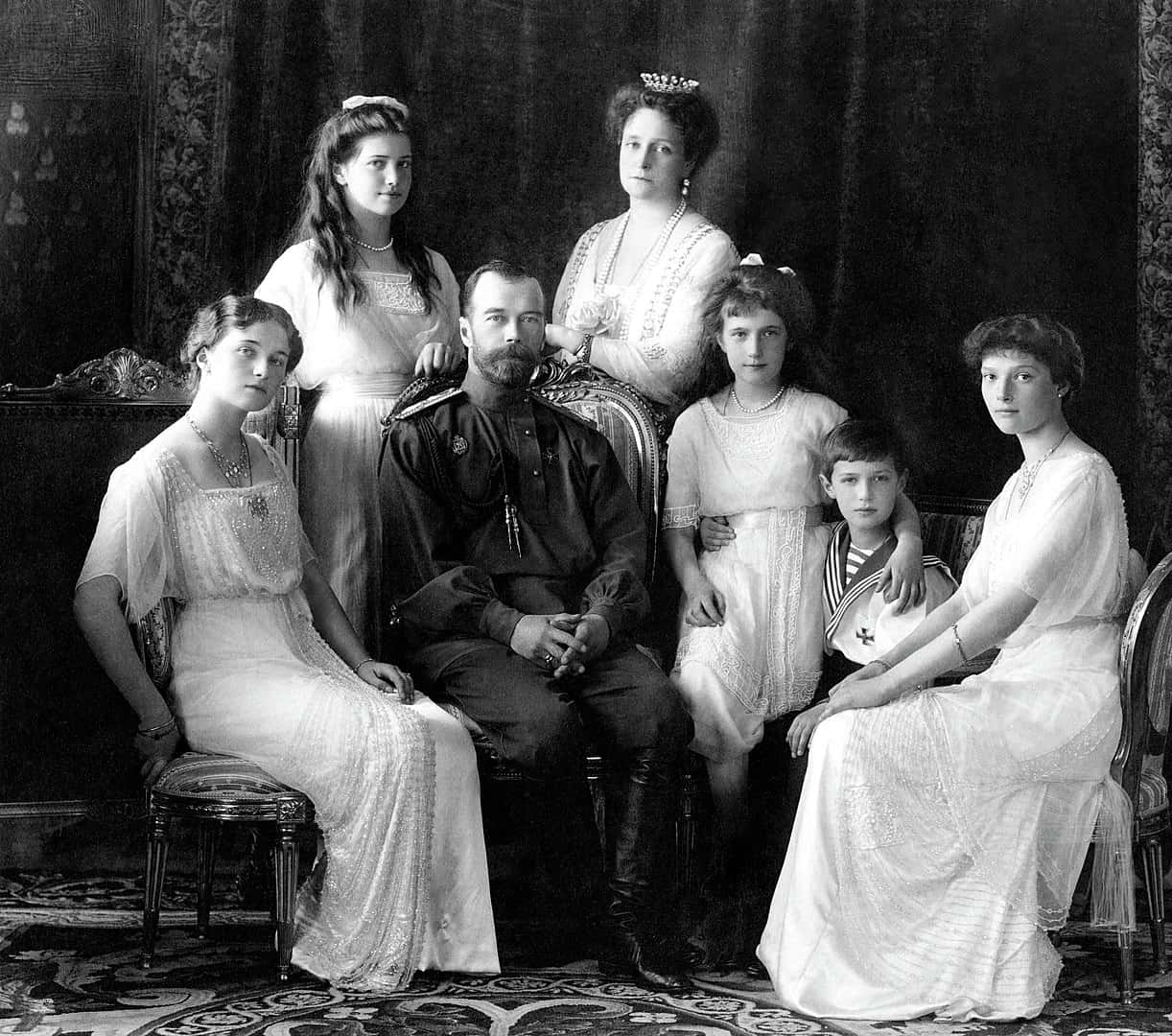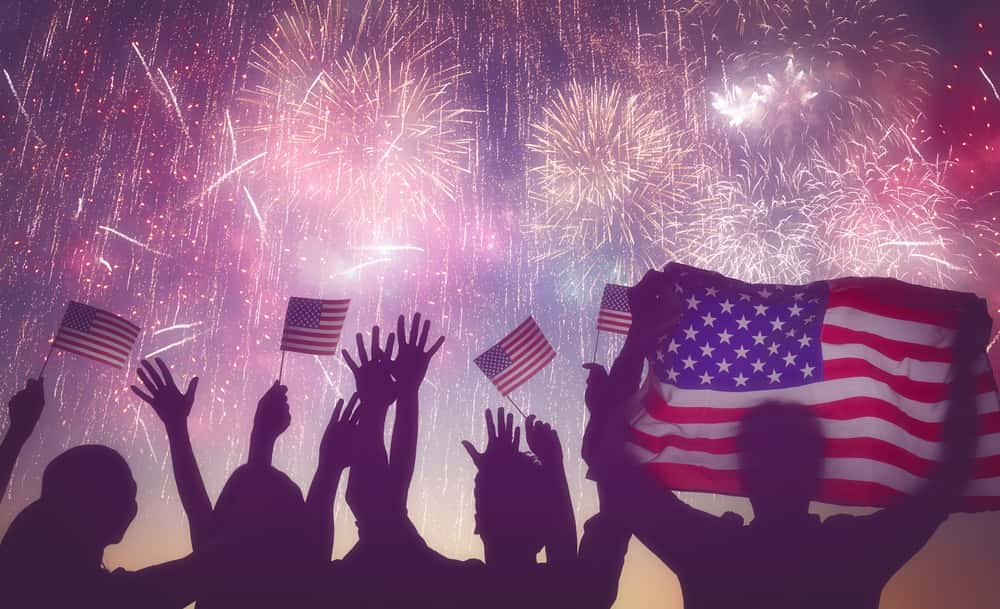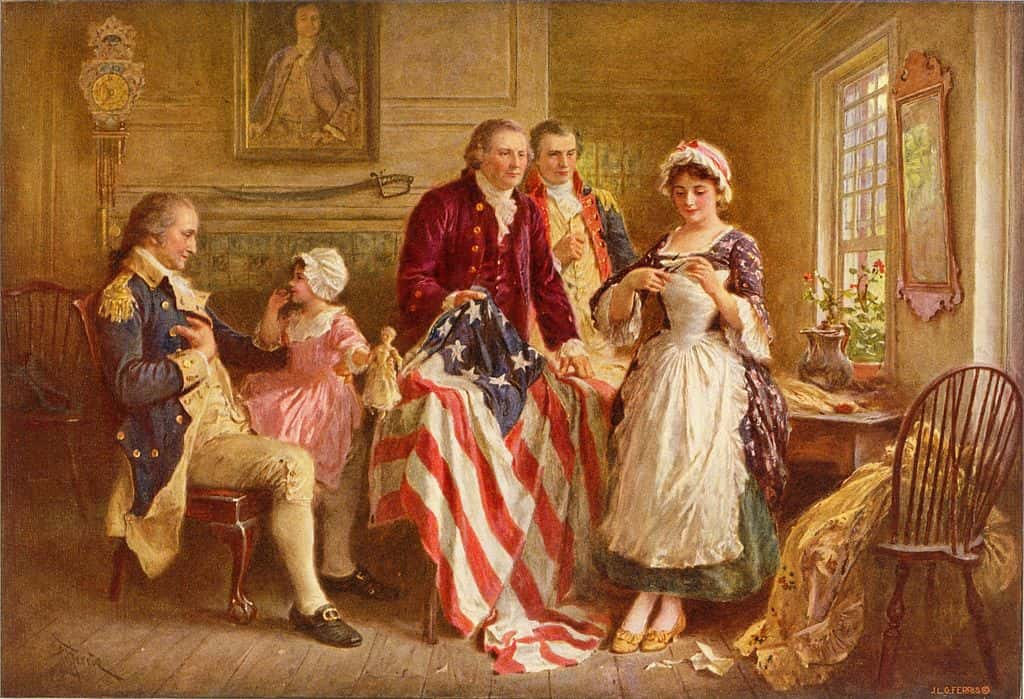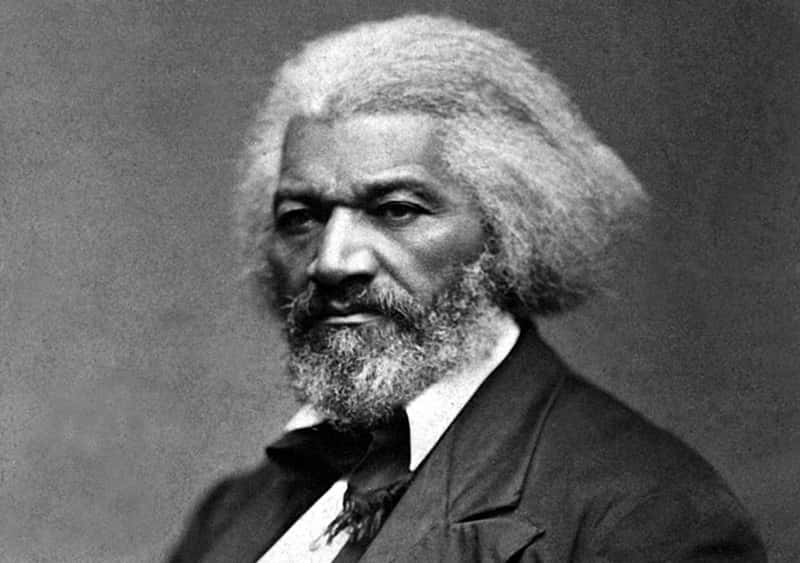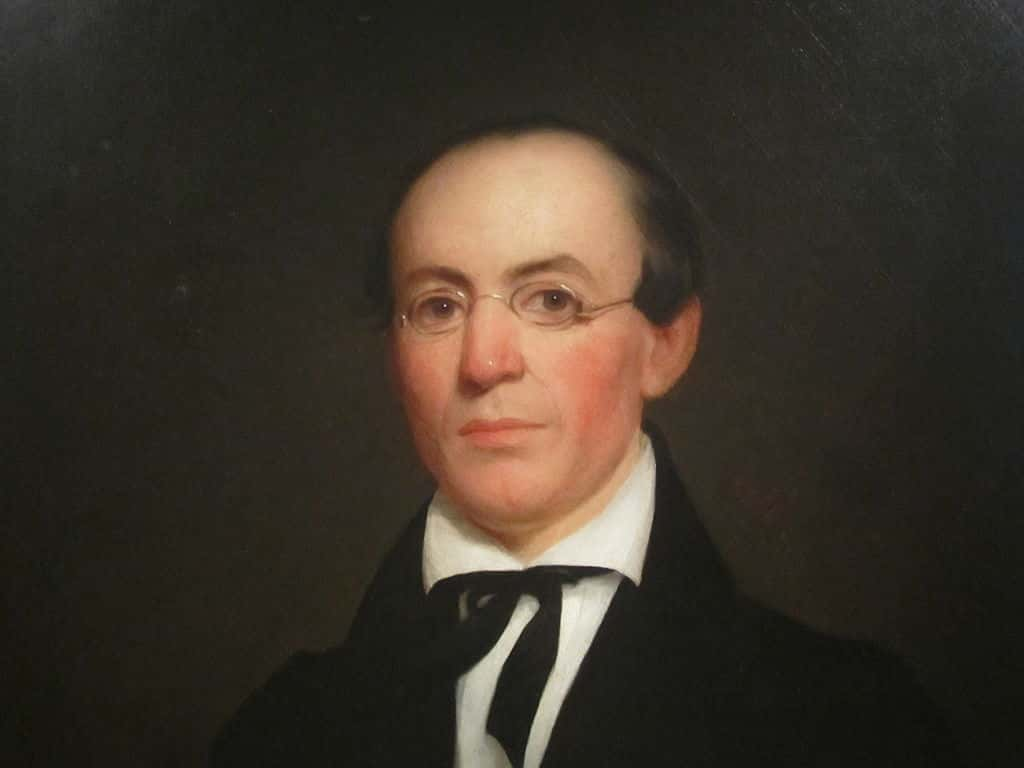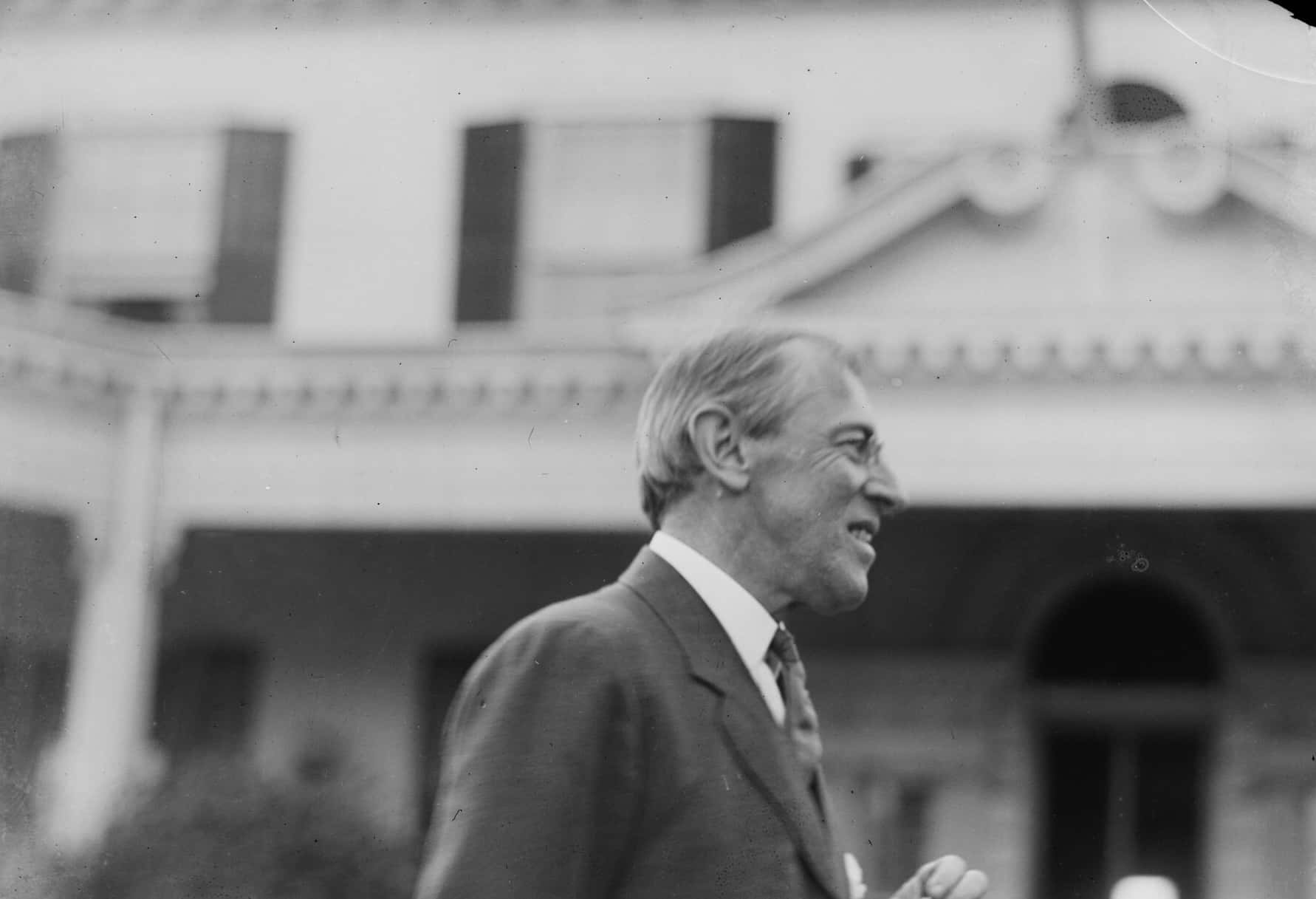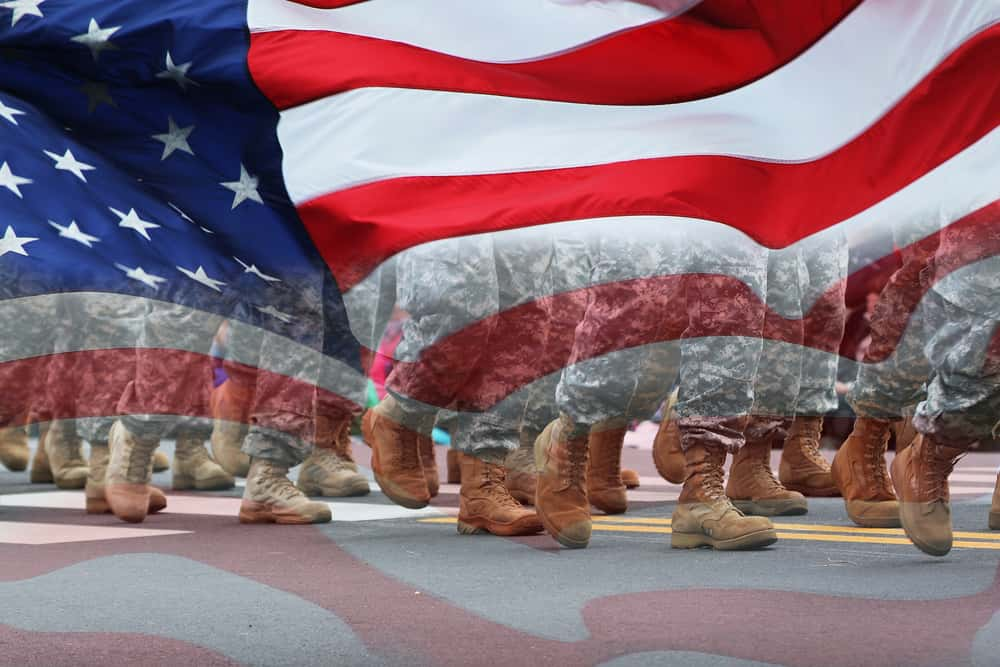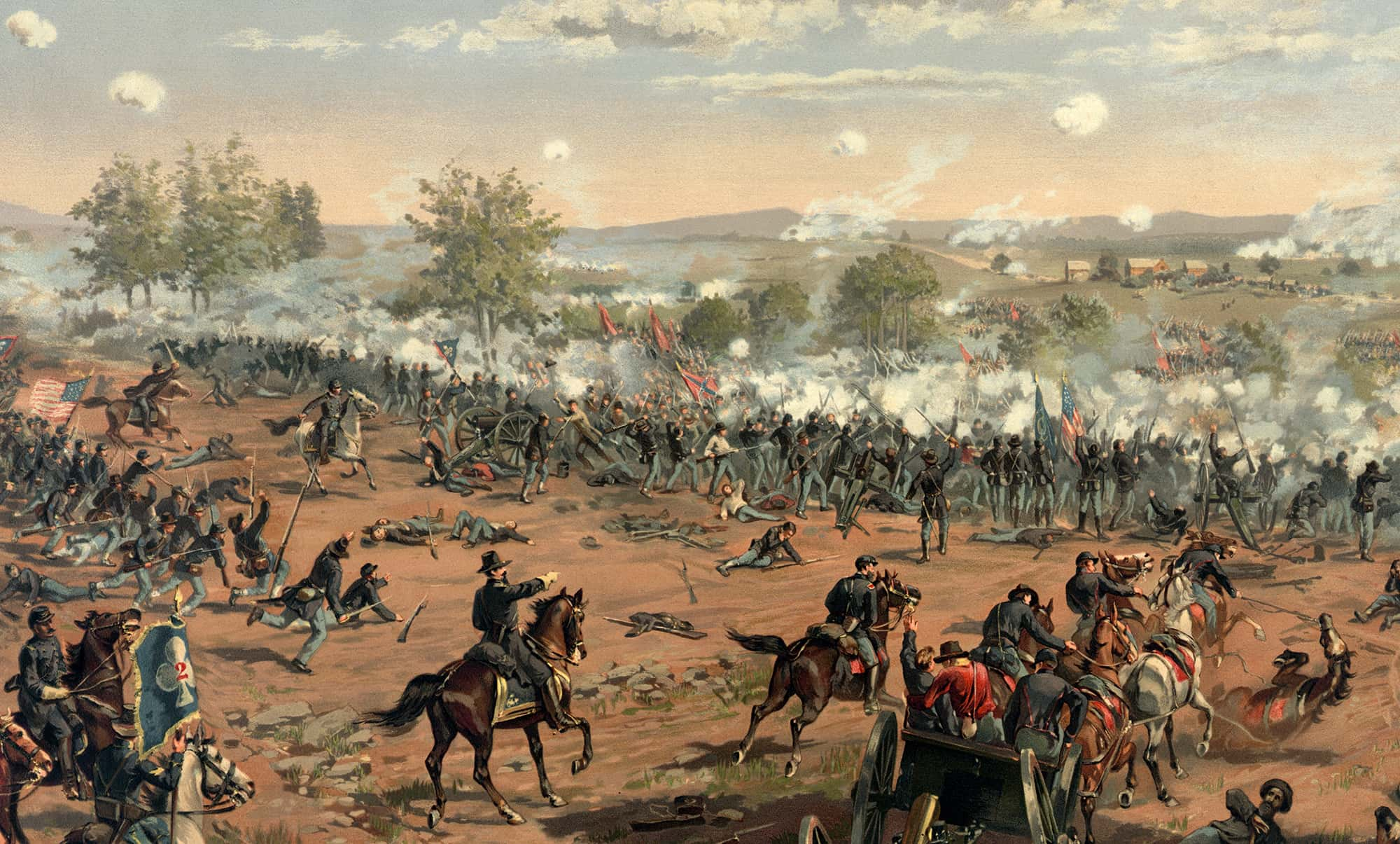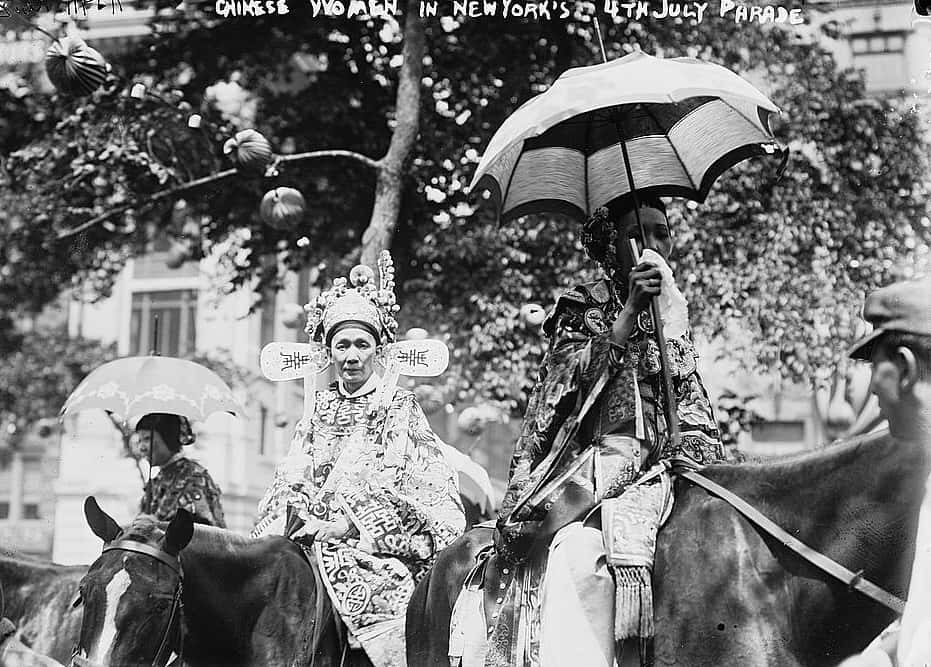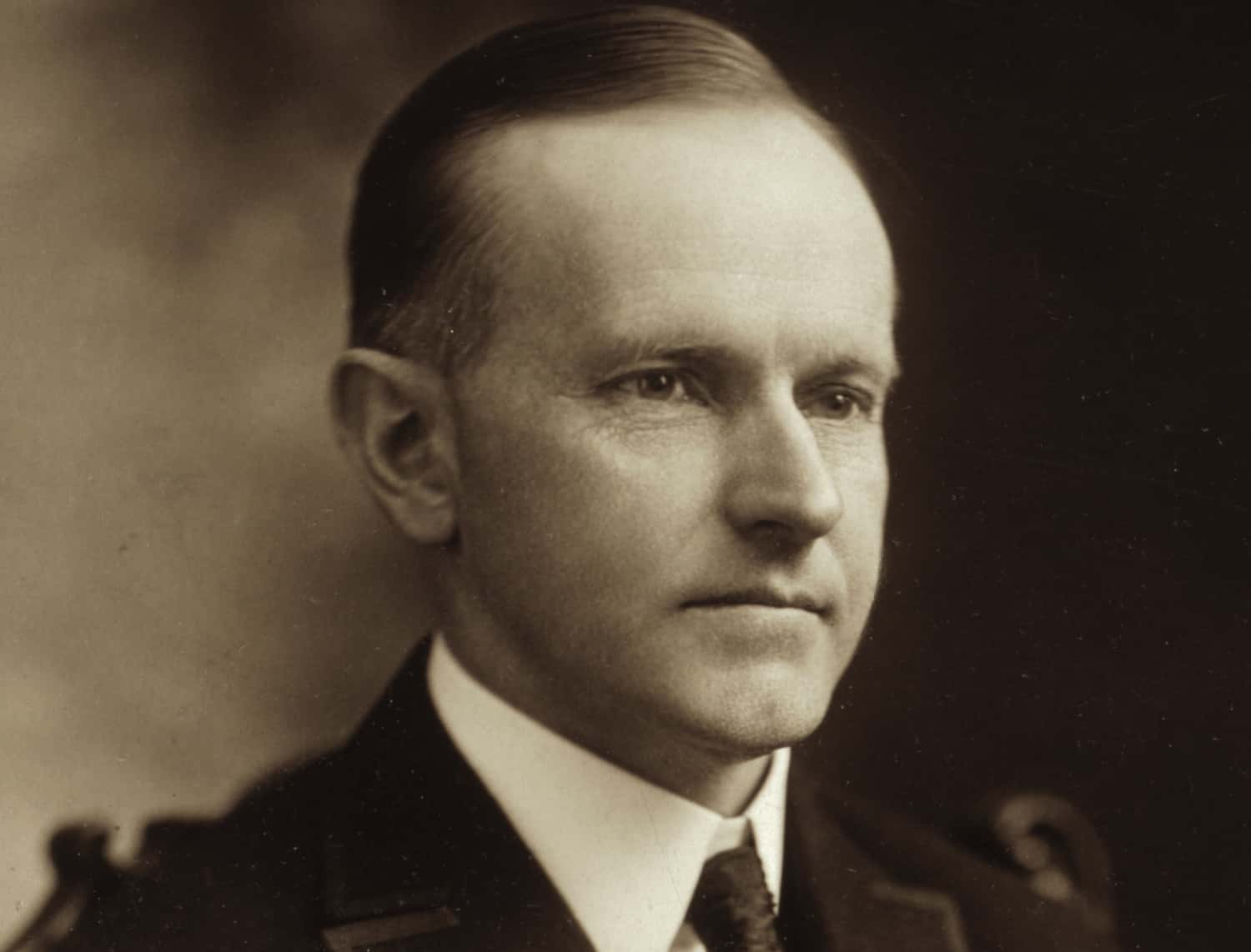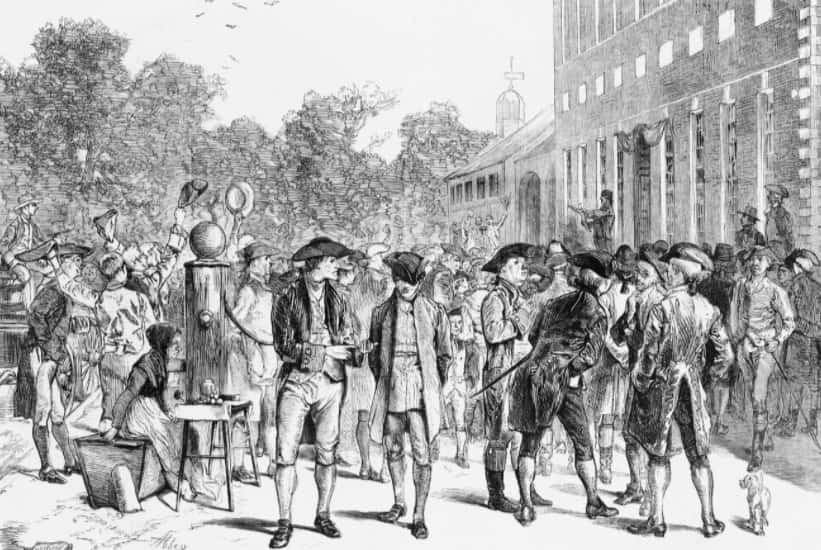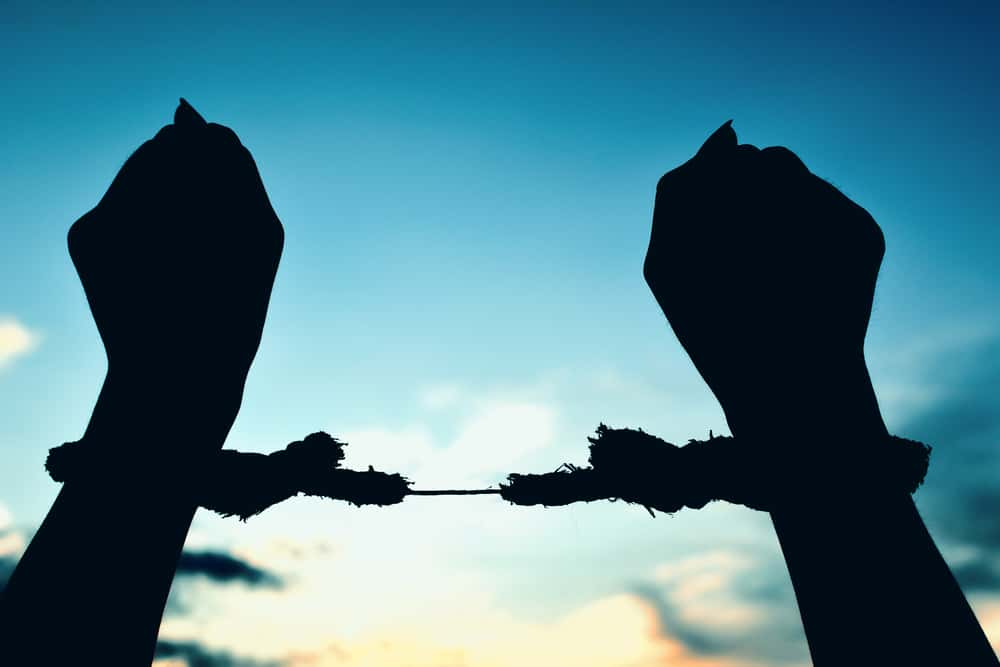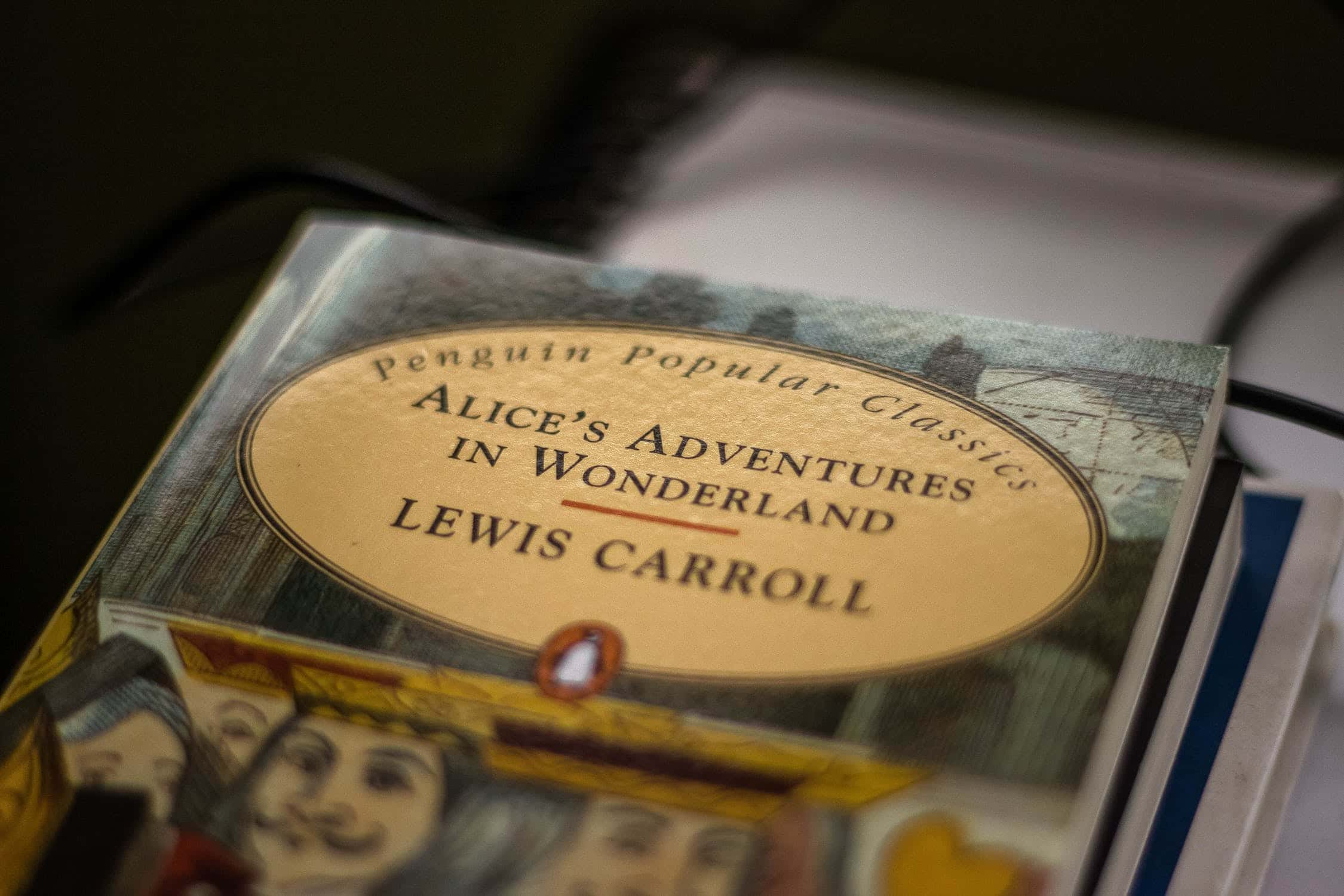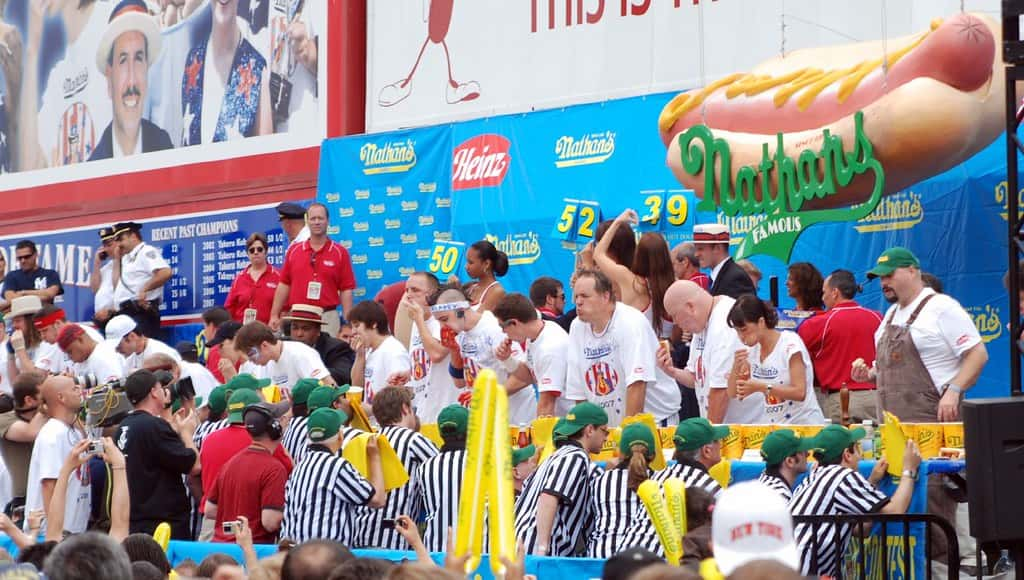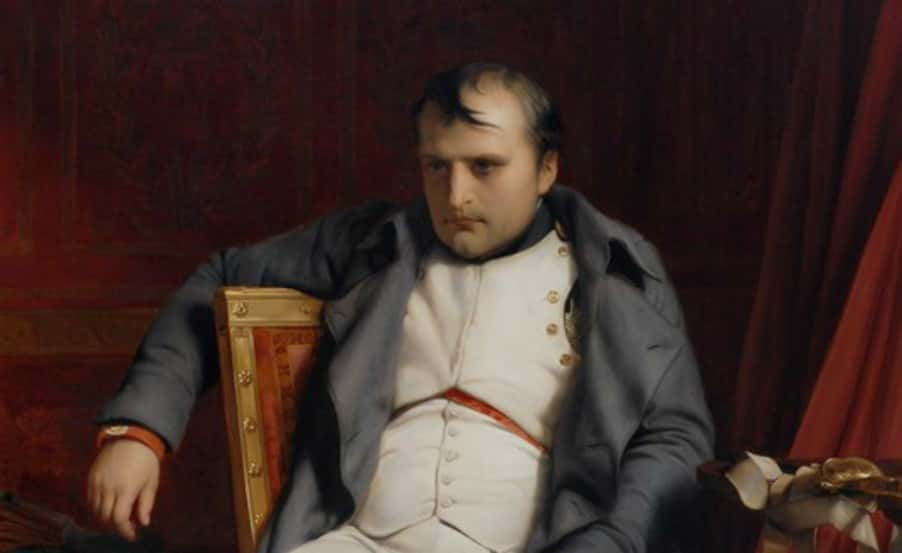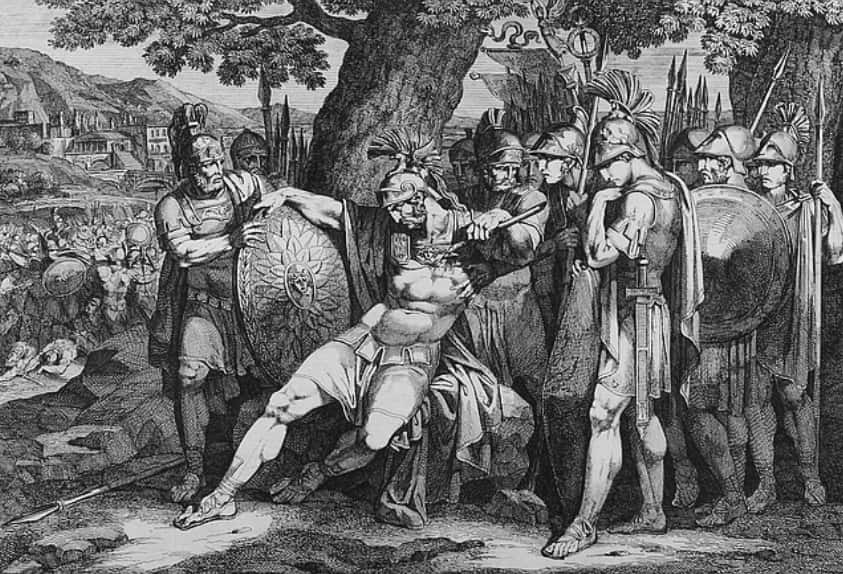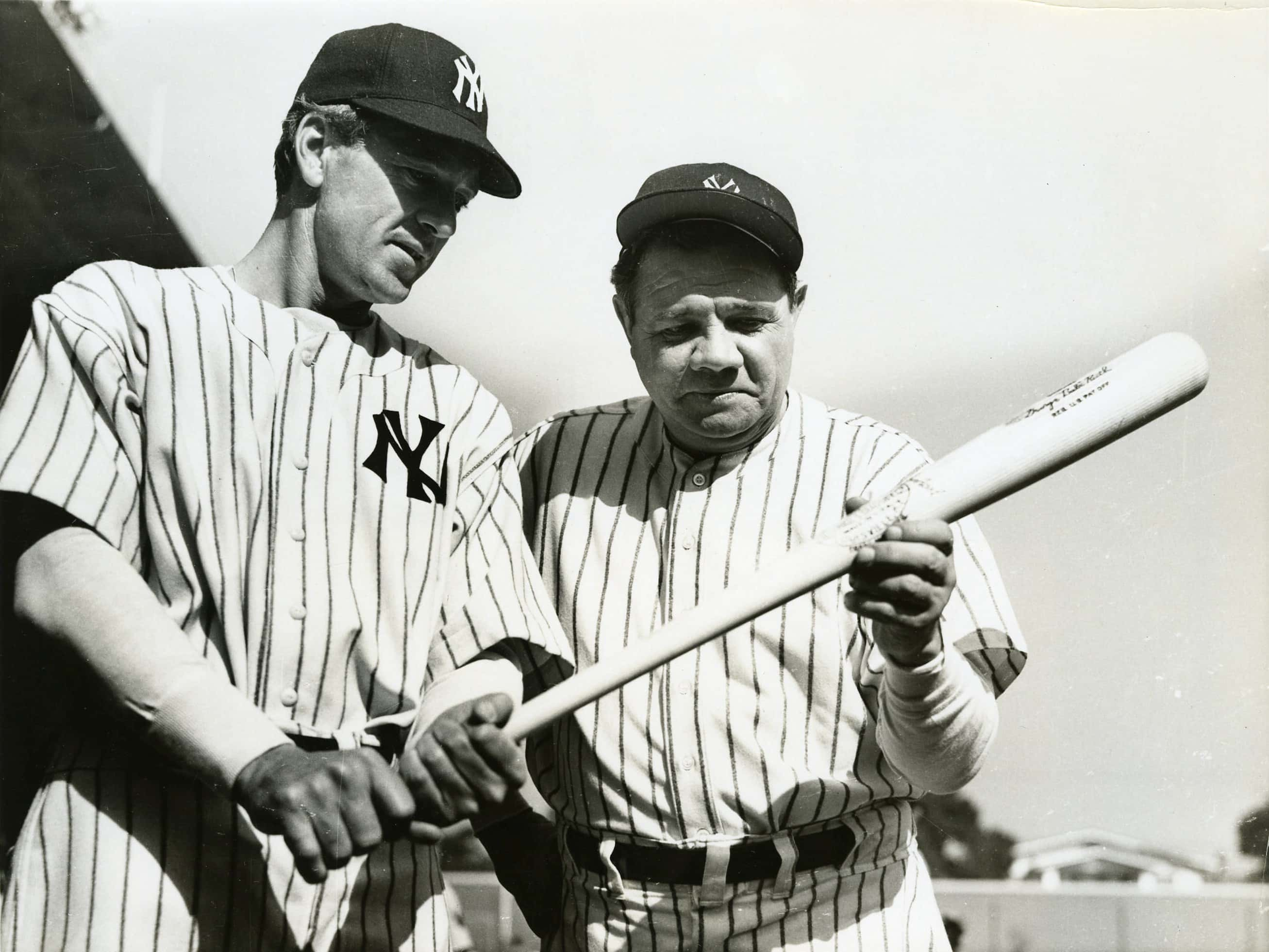"When in the Course of human events, it becomes necessary for one people to dissolve the political bands which have connected them with another, and to assume among the powers of the earth, the separate and equal station to which the Laws of Nature and of Nature's God entitle them, a decent respect to the opinions of mankind requires that they should declare the causes which impel them to the separation."—Opening line of the Declaration of Independence
The 4th of July means different things to different people. For hundreds of millions of Americans, it is the day that they celebrate their Independence Day. However, if you look at any day on the calendar, you’ll find a number of interesting things that happened across the long years of human history. It’s no different with July 4th, even excluding the world changing events of 1776. Here, then, is a list of interesting things to know about July 4th, both the holiday and the day itself.
July 4th Facts
42. Maybe Wait for the Outcome?
The first state legislature to recognize the 4th of July as a state celebration was the Massachusetts General Court. They passed the acknowledgement in 1781, two years before the American Revolutionary War ended. It’s a good thing the Americans won the war, or else Massachusetts would have been in a very awkward position…
41. Are You Open or Closed?
Surprisingly, it was originally considered unpatriotic, even treasonous, to keep your stores open on the 4th of July. This was an attitude which didn’t change until the Civil War ended. Sales on the 4th of July became the new norm, and the sale still exists in some form to this day.
40. Perilous for Presidents
No less than three Presidents of the United States have died on the 4th of July. James Monroe died in 1831 of heart failure and tuberculosis, while both the second and third presidents of the United States not only died on Independence Day, they died on the same Independence Day! Thomas Jefferson and John Adams both died on July 4th, 1826, the United States’ fiftieth anniversary. On top of that, President Zachary Taylor died on the 9th of July 1850, but most reports state that he died of food poisoning from the cherries and milk which he had consumed on the 4th of July. The curse, it seems, had struck again!
39. Thirsty Men
In the summer of 1778, General George Washington was at his headquarters in New Brunswick, NJ, and he wanted his troops to celebrate the 4th of July properly. His solution was to grant each of his men double rations of rum. No doubt that was a great morale boost on Washington’s part!
38. Meanwhile, Across the Pond…
The same time as Washington was providing his troops with a constant amber flow, Benjamin Franklin and John Adams were in Paris, serving as ambassadors for the Thirteen Colonies. To celebrate the 4th of July, they held a special dinner for their Americans who were living in Paris at the time.
37. Good Luck, Walt
Leaves of Grass is a famous collection of poems by renowned American poet Walt Whitman. It’s been hailed by some as his magnum opus and is routinely placed in the upper echelon of American poetry. Whitman would spend four decades of his professional career re-editing Leaves of Grass, but the first edition of the book was published on the 4th of July, 1855.
36. Late to the Party
Surprisingly, the White House didn’t hold Independence Day celebrations until 1801. Did someone forget to tell them they'd won the Revolutionary War?
35. Tap, Don’t Ring
Every 4th of July in the US, the famous Liberty Bell is tapped thirteen times, one for each of the original thirteen states which gained their independence in the Revolutionary War.
34. Did They Both Sign Yet?
The Declaration of Independence was signed on the 4th of July 1776, but only two men actually signed it that day. Those two men were Charles Thomson and John Hancock. To be fair, though, Hancock made sure everyone could see his signature!

History's most fascinating stories and darkest secrets, delivered to your inbox daily.
33. Mozart Wasn’t Available
In 1783, a special kind of July 4th celebration was held in Salem, North Carolina: The Moravian Church arranged for Johann Friedrich Peter to assemble a musical program titled The Psalm of Joy. It was the first recorded celebration of Independence Day, but certainly not the last.
32. Holiday? Why, What Day is That?
The 4th of July wasn’t officially a federal holiday in the United States until 1870. That’s nearly a full century after the Declaration of Independence was written!
31. We Need a New Deal
Much to the chagrin of federal workers, Congress made Independence Day an unpaid holiday. After several decades (and presumably lots of complaining letters to congressmen), Independence Day was finally made into a paid holiday in 1938.
30. RIP VP
In 1891, on the 4th of July, Hannibal Hamlin was playing cards when he collapsed and lost consciousness. He died a few hours later, achieving the dubious honor of being the only Vice President of the United States to die on Independence Day.
29. I Call That Multiplication!
At the time of the first Independence Day, there were around 2.5 million people living in the United States. Nowadays, that’s about as many people as live in Chicago!
28. Hipster Patriots
Bristol, Rhode Island doesn’t hold many records, but one record that it does claim is the oldest Independence Day celebration in the United States. They’ve been holding a 4th of July parade every year since 1785! They were holding such a parade almost 100 years before Independence Day was an official holiday.
27. Happy 200 Years!
It’s a rare thing that anyone, or anything for that matter, gets to celebrate 200 years of existence. So, when it came time to celebrate America’s bicentennial in 1976, no expense was spared. Celebratory coins were issued for collectors, ships and exhibits in museums were launched in equal measure, Johnny Cash was the Grand Marshall of the Bicentennial parade, and feelings of patriotism somehow drowned out all the ill feelings harbored over the Vietnam War and Watergate. President Gerald Ford and his wife even hosted Queen Elizabeth II of England and her husband, Prince Philip. Guess there were no hard feelings?
26. Death of a Dynasty
In 1918, while Americans celebrated the 4th of July with fireworks, extra food, and maybe some extra cheering for the end of World War I, a far more gruesome event was going on in Russia. The Bolsheviks, led by Vladimir Lenin, had seized control of the country from the tyrannical Tsars and the aristocracy. Naturally, the people wanted revenge against the Tsar, and they took that revenge out on the Tsar and his entire family. Tsar Nicholas and his family were brutally executed on July 4th, 1918, either being shot or stabbed to death and then buried in an unmarked location, undisturbed for many years. We suddenly wonder if the Russians celebrate that event nowadays.
25. Ancient Tradition
If you’ve ever wondered when the Americans first thought of using fireworks to help celebrate the 4th of July, you might be surprised to know that it was before the Declaration of Independence was even signed! John Adams, future POTUS, wrote on the 3rd of July 1776 about how Independence Day should be celebrated with “illuminations from one end of this continent to the other.” Safe to say that the nation gladly took Adams up on his offer, as the first such fireworks were launched in Philadelphia on the 4th of July 1777!
24. The Right to Fireworks
Unfortunately, despite the display in 1777, the 18th century took some extra time to give everyone outside of Philly access to fireworks. Widespread access to fireworks didn’t happen until 1783, and America’s long obsession with fire and explosives was truly born!
23. Made with Pride in China
However, this love of fireworks for that special day comes with a price tag. In 2012, the U.S. spent $227.3 million on buying fireworks from China. If that doesn’t surprise you, the US also spends $3.6 million on American flags from China while they’re at it. No doubt Betsy Ross spins in her grave every July 4th!
22. Where’s Our Independence, Eh?!
Frederick Douglass was a former slave who spent the latter part of his life campaigning for the end of slavery. In one of his most famous oratory moments, Douglass explained to the Ladies Anti-Slavery Society of Rochester in 1852 what the Fourth of July meant to a slave in the supposed land of liberty and justice. Although Douglass delivered the speech a day after Independence Day, his exposure of the extreme hypocrisy in American society was impossible to doubt.
21. Burn This Mother Down!
Frederick Douglass wasn’t the only person to attack the hypocrisies of the US on Independence Day. In 1854, the devoted abolitionist William Lloyd Garrison was so disgusted with the system of slavery built within American society that he famously burned a copy of the US Constitution, declaring it to be an “agreement with Hell.” No doubt many in Britain would have agreed with him!
20. Good Old Days, Right? Oh, Wait…
In 1913, a huge gathering of nearly 53,500 Civil War veterans was organized at the battlefield of Gettysburg. It was easily the largest Civil War veteran reunion, and it included over 8,000 Confederate veterans among those thousands. President Woodrow Wilson delivered a powerful address on the 4th of July to acknowledge how far the US had come since the Civil War and paying tribute to the fallen soldiers. We’re hoping that Wilson also took the time to work one of the grills and hand out hot dogs to all the veterans, but that’s probably asking too much.
19. American Patriot
For anyone who hasn’t seen Born on the Fourth of July, Ron Kovic is a Vietnam War veteran who was gravely injured during the fighting and came back home in a wheelchair. Caught up in the counterculture movement, Kovic was disillusioned and found a voice of anger against the government. He became a prominent peace activist, being arrested 12 times for participating in political protests. He was invited to speak at the 1976 Democratic National Convention, and a young Tom Cruise was Oscar-nominated for playing Kovic in Oliver Stone’s adaptation of Kovic’s autobiography. Kovic also became close friends with Bruce Springsteen, and the Boss's iconic song "Born in the U.S.A." was at least partially inspired by Kovic's book.
 Born on the Fourth of July (1989), Universal Pictures
Born on the Fourth of July (1989), Universal Pictures
18. Prepare to Fire!
One tradition that has endured on Independence Day since 1810 takes place on US military bases. Every afternoon on July 4th, the bases will fire off an honorary salute, firing one shot for every state of the Union. We’re just hoping they don’t put live rounds in all those guns!
17. There Goes Robert E. Lee
Although the Battle of Gettysburg had already been fought from the 1st to the 3rd of July, 1863, it wasn’t until the 4th of July that General Lee withdrew his army from the battlefield. It marked the last time that the Confederacy launched a major invasion of the Union.
16. Foreigners Welcome!
Interestingly, the 4th of July evolved into a celebration of America’s melting pot by the early 20th century. Immigrants were encouraged to celebrate their nations’ diverse cultures while also showing their pride in being Americans. "Melting Pot" parades were held in such cities as New York City, Washington DC, and Philadelphia.
15. Happy Republic Day!
While the Americans look at the 4th of July as the day in which they celebrate their independence from the British, another nation is actually celebrating the 4th of July as the day in which they became independent from the US! In 1946, the Treaty of Manila granted full independence to the Philippines from the United States after nearly fifty years of being an American territory. It’s referred to as Republic Day in the Philippines, presumably because they were sick of having to explain that they weren’t celebrating the American Independence Day.
14. Born to be President
In the entire history of the United States, only one President has ever been born on Independence Day. That honor goes to Calvin Coolidge, who was born in 1872 on the 4th of July. Does that make him the most American President ever?
13. We Are Seeing Better Days
In the 1990s, the nation of Rwanda was gripped by a terrible genocide which led to over one million people being killed. Eventually, the Rwandan Patriotic Front, led by Paul Kagame, fought their way to control of the country and ended the genocide. Kagame has since taken power and led Rwanda to a period of relative peace and prosperity, and the 4th of July is celebrated as Liberation Day.
12. Four-Day Delay
Surprisingly, the first Independence Day celebration didn't actually take place on the 4th of July! It took place on the 8th, in Philadelphia, and it was the first time that the Declaration of Independence was first read out in public. That almost makes up for keeping the American public waiting four days for their first Independence Day celebrations!
11. Does That Count as Cultural Appropriation?
If you’re an American and you’re planning to sing the national anthem on Independence Day, it might interest you to know that its tune had already been used. “To Anacreon in Heaven” was an English drinking song whose melody inspired Francis Key while he wrote the words which formed a song sung by those who had fought the English and become a nation.
10. A Small Step in the Right Direction
The issue of slavery in the United States has plagued its history, even more than a century after it was ended. Abolishing it for good didn’t come easy, as anyone who knows about the Civil War will tell you. Interestingly, one important act of abolition happened to take place on the 4th of July in 1827. The state of New York abolished slavery on that day, and while it didn’t stop slave hunters from kidnapping people and taking them south, it was nevertheless part of the process which led to the end of the atrocious practice.
9. Once Upon a Time…
There’s a good chance that you’ve seen at least one movie adaptation of Lewis Carroll’s Alice in Wonderland. You might have even read the book, or its sequels. What you might not know is that Carroll’s first inspiration for this surrealist fantasy story came from a boat trip he took on the 4th of July, 1862 with the Reverend Robinson Duckworth and the three daughters of Oxford’s Vice-Chancellor Henry Liddell. Carroll told the girls a story on the fly which later formed the basis for Alice in Wonderland.
8. Eat What You Can
As if the endless barbecues weren’t enough, Americans have embraced eating contests on the 4th of July. One such contest is Nathan’s Famous Hot Dog Eating Contest on Coney Island in New York City. Allegedly, the contest started with two friends trying to settle an argument between them. It’s safe to say that it has outgrown its origin story.
7. Can We Negotiate That Price?
In 1803, the Americans gained a whole new reason to celebrate the 4th of July. On that day, the Louisiana Purchase was officially established. This describes a historical moment where Emperor Napoleon Bonaparte sold a huge portion of North America, owned by the Kingdom of France, to the United States. This territory, for which the Americans paid an equivalent of around $300 million, later formed six whole states and portions of nine more! Look up which states and you can decide whether the US got their money’s worth!
6. World-Changing Battle
In 362 BC, on the 4th of July, the Battle of Mantinea took place. While you’ve probably never heard of this fight, it helped shape world history in a big way. For years, the city-state of Thebes had replaced Athens and Sparta as the big man on campus, so to speak. At Mantinea, an army of Spartans and Athenians united to take on Thebes. The Theban army was victorious, but they lost a lot of men, including their best commander, Epaminondas. The Thebans couldn’t be top dogs anymore, but there was nobody strong enough to replace them... until a certain someone named King Philip of Macedon swept in and destroyed what little opposition there was left to become the effective ruler of Greece. King Philip’s son, Alexander the Great, would go on to lead the Greeks and Macedonians into Asia and change the world in lots of ways, but he wouldn’t have been able to do that if King Philip had been defeated by a strong Greece. The Battle of Mantinea was thus a fight where everyone lost, leaving the spoils to the guy who showed up after it was all done.
5. Without a Paddle
Valdez, Alaska, is a town which has one of the strangest Independence Day traditions that you’ll probably ever hear about: Fireworks are off the table for them, given the constant sunlight, so they decided to replace it with something else: kayak jousting. All we’re left to wonder about is whether you get extra points for spearing a fish on your lance!
4. Goodbye, Mr. Gehrig
Amyotrophic lateral sclerosis (ALS) is a cruel disease which targets the neurons that regulate voluntary muscles. It’s also known as Lou Gehrig’s Disease, named after the famous baseball player who was forced to retire from the sport due to ALS. On the 4th of July 1939, Gehrig announced his retirement to a huge crowd at Yankee Stadium; he also made baseball history by famously declaring that despite his illness, he considered himself “the luckiest man on the face of the earth.” Safe to say that never before then had a baseball player made so many people cry simultaneously.
3. Don’t You Mean the 2nd?
From a legal standpoint, the nation known as the United States of America was technically born on the 2nd of July, 1776. The Continental Congress had voted on the 2nd, based on a motion put forward on the 7th of June. Even John Adams credited the 2nd of July as the day which would be remembered for years to come. He was only off by two days!
2. That’s a Lot of Dogs!
One way that Americans love to celebrate the 4th of July is by making a meal of it. It’s been estimated that over 150 million hot dogs are eaten each Independence Day (hopefully not by the same guy). If each of those hot dogs was eaten by a different person, that would mean nearly half the population were eating the same thing on the same day!
1. Chickens Call It “Execution Day”
As many hot dogs as that is for one nation to eat, it pales in comparison to how much chicken is eaten at the many barbecues which occur on that special day. It’s been estimated that over 700 million pounds of chicken are eaten on Independence Day. That’s nearly two pounds for every person in the country—on top of the hot dogs!
Sources: 1, 2, 3, 4, 5, 6, 7, 8, 9, 10, 11, 12, 13, 14, 15, 16, 17, 18, 19, 20, 21, 22, 23, 24, 25, 26

